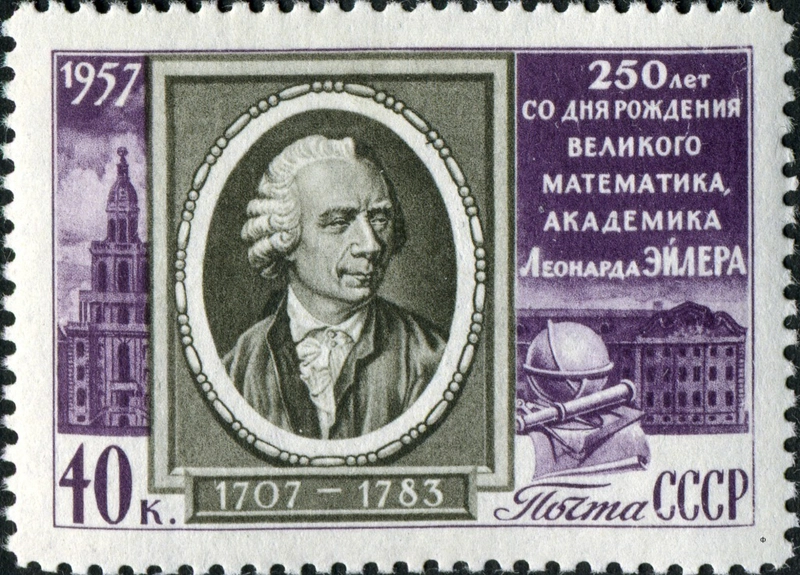
It was a typical Monday morning for Emma, a programmer. She was staring at lines of assembly code that seemed to go on forever. She rubbed her tired eyes, trying to make sense of the confusing mix of 0s and 1s.
Just then, her colleague Jack walked in with a cup of coffee. “Hey Emma, how’s it going?” he asked, looking at the code on her screen.
Emma sighed. “It’s a nightmare. I’m trying to write a simple program, but this assembly code is driving me crazy.”
Jack understood how she felt. “You know, Emma, using variables can make coding much easier. Did you know that the mathematician Leonard Euler was the first person to introduce variables to represent unknown values in equations?”
Emma’s eyes widened. “Really? I didn’t know that.”
Jack nodded. “Yes, Euler’s innovation revolutionized mathematics and paved the way for modern programming languages.”
Emma’s curiosity was piqued. “So, how can variables make my life easier?”
Jack smiled. “Well, instead of using complicated assembly code, you can use simple names to represent values. For example, in JavaScript, you can write code like this:
let x = 5; let y = 3; let result = x + y; console.log(result);
Emma’s eyes lit up. “Wow, that’s so much clearer! I can actually understand what the code is doing.”
Jack grinned. “Exactly! With variables, you can write simpler and more readable code. It’s a game-changer.”
Emma nodded enthusiastically, already imagining the possibilities. “I need to learn more about JavaScript. This is going to make my life so much easier.”


Top comments (0)